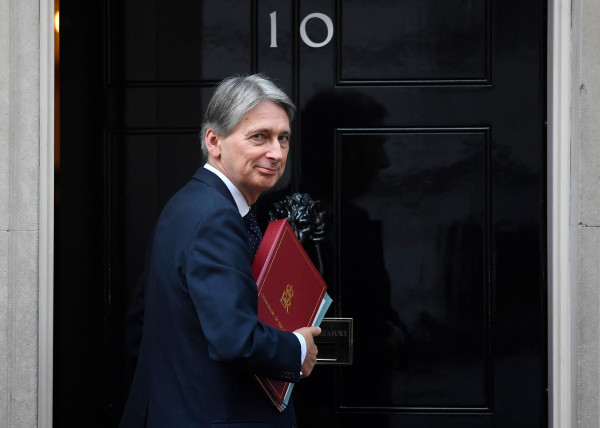

If you were to describe inheritance tax (IHT) in one word, what would that word be? Unpopular, unfair, complex, detested maybe?
Dubbed Britain’s most hated tax, it’s currently paid by one in 20 people in the UK, but that figure is expected to rise to one in 10 in the not too distant future.
Raising £5.2bn in the last tax year (8 per cent more than the previous year), it’s unlikely this tax will ever be abolished in the UK. However, considering IHT is frequently blamed for distorting individuals’ investment decisions, change is long overdue.
Thus, it came as little surprise when Chancellor Philip Hammond announced a review of IHT earlier this year.
In his Spring Statement, Mr Hammond declared the need for simpler rules surrounding IHT, and experts have been recommending aspects of the tax in need of reform ever since.
Why IHT is under review
IHT was once a relatively uncontroversial tax, as it affected a very small proportion of the population.
But with the inexorable rise in property values in recent decades, more and more people have been dragged into the IHT net. Also, previous chancellors have cynically frozen the threshold in order to widen the net and increase the tax take.
So, not only has it become a big earner for the Chancellor, but it has also become steadily more unpopular.
Attempts to simplify IHT or make it appear more reasonable have, in general, failed.
The introduction of the residence nil rate band (RNRB) a couple of years ago was supposed to make IHT fairer, but it was phased in over a number of years, which has had a dilutive effect and merely served to add to the complication of calculating the level of tax owed, and not satisfied anyone.
The Chancellor is doubtless aware of the growing unpopularity of IHT and has committed to having a stab at making it simpler and easier to understand. He clearly senses a political advantage if he is successful in the reforms he makes, so, as ever, this is as much about politics as economics.
What will the Chancellor announce?
It’s hard to predict precisely what will change as a result of the IHT review, but we can take an educated guess.
I think the Chancellor will focus on IHT simplification and increasing the tax take in the changes he may announce later this year.
Examples of simplification may mean changes to exemptions, such as increasing the annual allowance for gifts from its derisory low amount of £3,000, to something that may combine all gift allowances into a single annual allowance of say £10,000.
In addition, I foresee a simplified RNRB so that it can be utilised outside of the current situation, where people must leave their estate to direct descendants. Alternatively, we could see RNRB simply removed altogether and the flat rate threshold increased to £500,000.
Controversial changes and examples of where he could increase the IHT tax take may be tinkering with Business Relief (BR), auch as the removal of AIM shares qualifying for BR, the extension of the two-year qualifying holding period to five years and a review of qualification of unquoted company shares, whereby certain trades are excluded or the relief is removed altogether or attracts a reduced rate (rather than 0 per cent) of inheritance tax.
Until we know exactly what changes lie ahead, there are things you can do to fine-tune clients' investment portfolios.
For example, you can make adjustments so their investments take advantage of business relief.
You can also ensure clients' investments are as diversified as possible to minimise risk.
Christian Elmes is a partner at Enterprise Investment Partners



.png)

